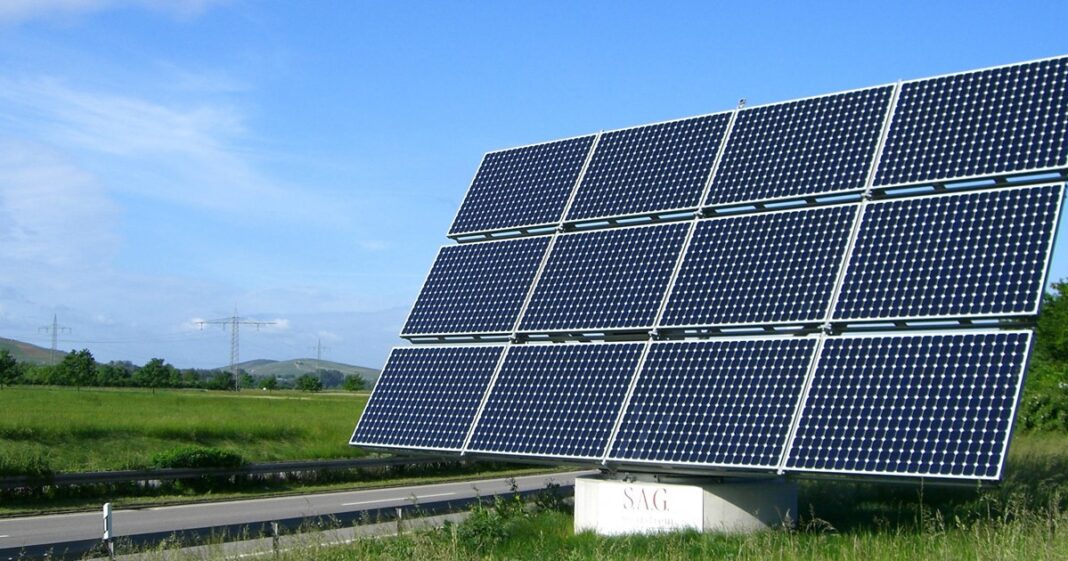The need to source renewable energy locally is rapidly growing. It necessitates the development of local labor skills and knowledge, leading to economic diversification. Solar panels reduce your energy bills and can even make you money! You should be cautious when contacting installers to ensure they know what they’re doing before they set foot inside your property. Some installers will cut corners or never ask for official permits.
During an installation, someone has to have the proper licenses so that the electric company knows everything. More importantly, having someone who knows what they’re doing backstopping an installation ensures that everything is done with care and accuracy from start to finish. It is why this solar company in New Jersey uses licensed installers. Read on to learn how to become a licensed installer in New Jersey.
How Do You Become a Licensed Solar Installer In New Jersey
In New Jersey, you must be a registered home improvement contractor, a certified plumber, or an electrician to install solar panels legally.
Home Improvement Contractor
New Jersey Consumer Affairs requires registration for all prospective home renovation contractors. A contractor must fulfill the following requirements before applying for registration:
- Please fill out the Division’s application form and send it with copies of the needed papers.
- Fill out the application’s Disclosure Statement section.
- Submit evidence that it has obtained and is maintaining a commercial liability insurance policy with a minimum aggregate limit of $500,000 for occurrence.
- Make a $110.00 payment.
- Bond & Insurance
- You must prove that you have commercial liability insurance with a minimum of $500,000 per incident coverage.
- Verification of previous criminal history. All states have similar laws requiring background checks for contractors making home improvements. You can still become a licensed contractor even with a criminal record.
Suppose a person has been convicted of a crime but can show the Division of Consumer Affairs that they have fully recovered from their past actions. In that case, the Division will not take action against them or deny them registration.
Plumbers
In California, a plumber’s license is valid for two years. The State of New Jersey Department of Consumer Affairs is the place to go for licensing needs.
Electricians
It takes three years to become fully licensed as an electrician. The New Jersey Division of Consumer Affairs issues licenses.
What Is the Job of a Solar Installer?
A solar installer’s job is to install solar panels on rooftops in any climate. Solar installers usually work for a company that the government has approved to install solar panels on rooftops. They are responsible for ensuring that the installation meets all safety standards, and they must also ensure that their work complies with all local regulations. The role of a solar installer can vary depending on the project’s size and the client’s needs.
A typical day for a solar installer begins with arriving at their place of employment, where they will find out what tasks during the day’s shift. After this, they begin working in their field of expertise: roofing projects, energy-saving projects, or anything else related to installing solar panels on rooftops. They are responsible for keeping track of any equipment associated with their work, such as tools or power sources.
How Much Does a Solar Installer Earn?
The average salary for a solar installer is $54,000 per year. Solar installers are employed in a wide array of industries and work for both large companies and small businesses.
The best way to start a solar installer career is by attending an apprenticeship program. These programs typically last two years and teach students how to install solar panels on rooftops and other buildings.
After completing an apprenticeship program, you must continue learning about your field by attending seminars and online courses on electricity generation or storage systems. You should also network with other solar installers to get referrals.
Once you’ve established yourself in your industry as an expert who can provide quality work at reasonable prices, it’s time to earn an average of $74000 per year.
How Do You Select a New Jersey Solar Installer?
Choosing a New Jersey solar installation contractor is like choosing a doctor for your health. You want to ensure you’re getting the best care possible, but you also don’t want to be taken advantage of. Regarding solar, you need to consider some factors before making a decision. Here are some things to think about when choosing your contractor:
- Understand what equipment and materials are needed so that you can make informed decisions about how much your project will cost. It will help with budgeting and planning for unexpected costs (like unexpected damage).
- Ensure any contractors who bid on your project have experience working on similar projects in the past or with other clients who have done similar things before (this is called project management experience).
- Ask the company how much they charge per square foot of roof surface area per panel and the warranty. It will determine how much your project will cost.
- Ensure the contractor is licensed and bonded by New Jersey. If they are not licensed or bonded, ask them why and find out if there are any other issues with their company.
- Find out about the company’s history. What were they founded in? Where are their offices located? How long have they been in business?
- Ask about customer service. Is there an office you can go to if you have questions or concerns as a customer? Will there be someone on staff who can answer questions immediately? What kind of payment plans do they offer?
New Jersey’s solar industry is booming, and one of the best ways to get in on it is to become a Certified Solar Installer. The state has licensed over 50 solar installer companies, but getting started as a rookie installer can be tricky without the correct information. Becoming a licensed installer means completing all requirements and being accepted by the state. Being a licensed installer also means that you can install solar electric systems or wind turbines for clients, as well as provide them with installation permits.















